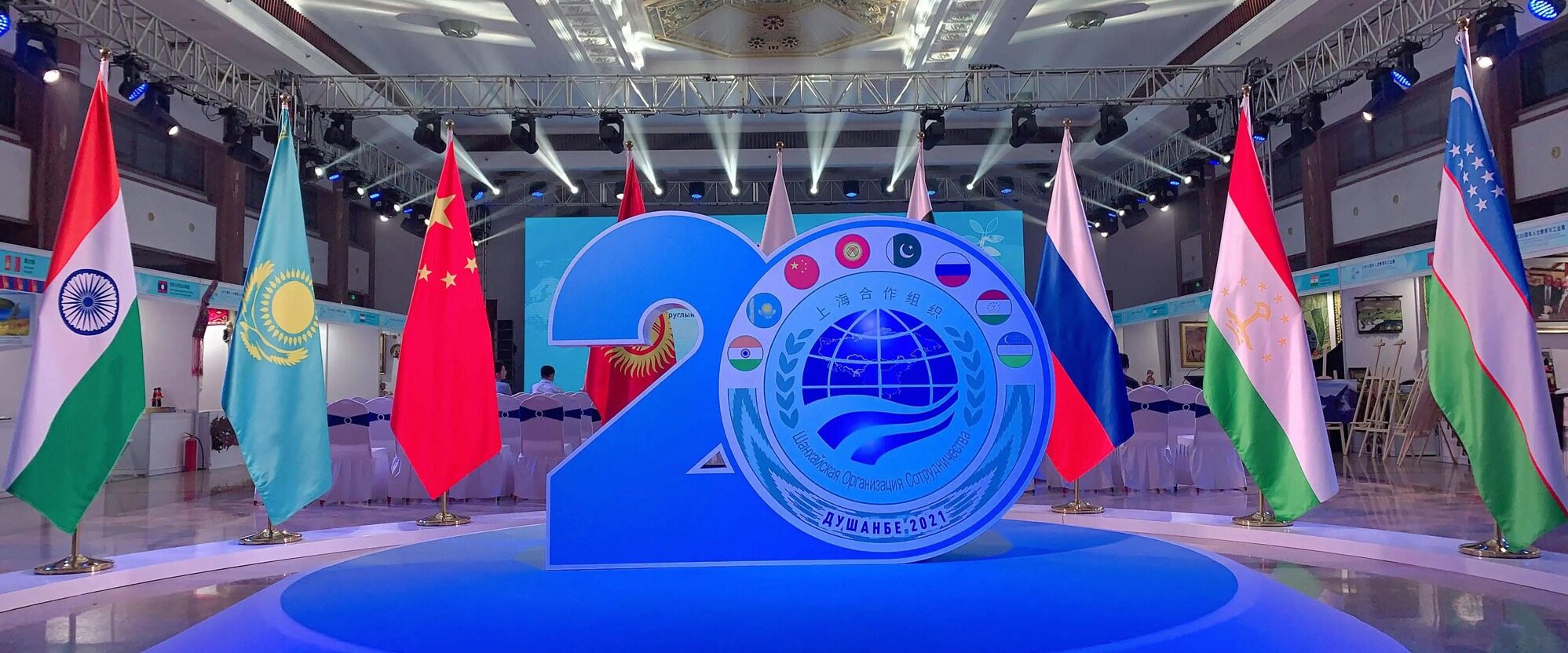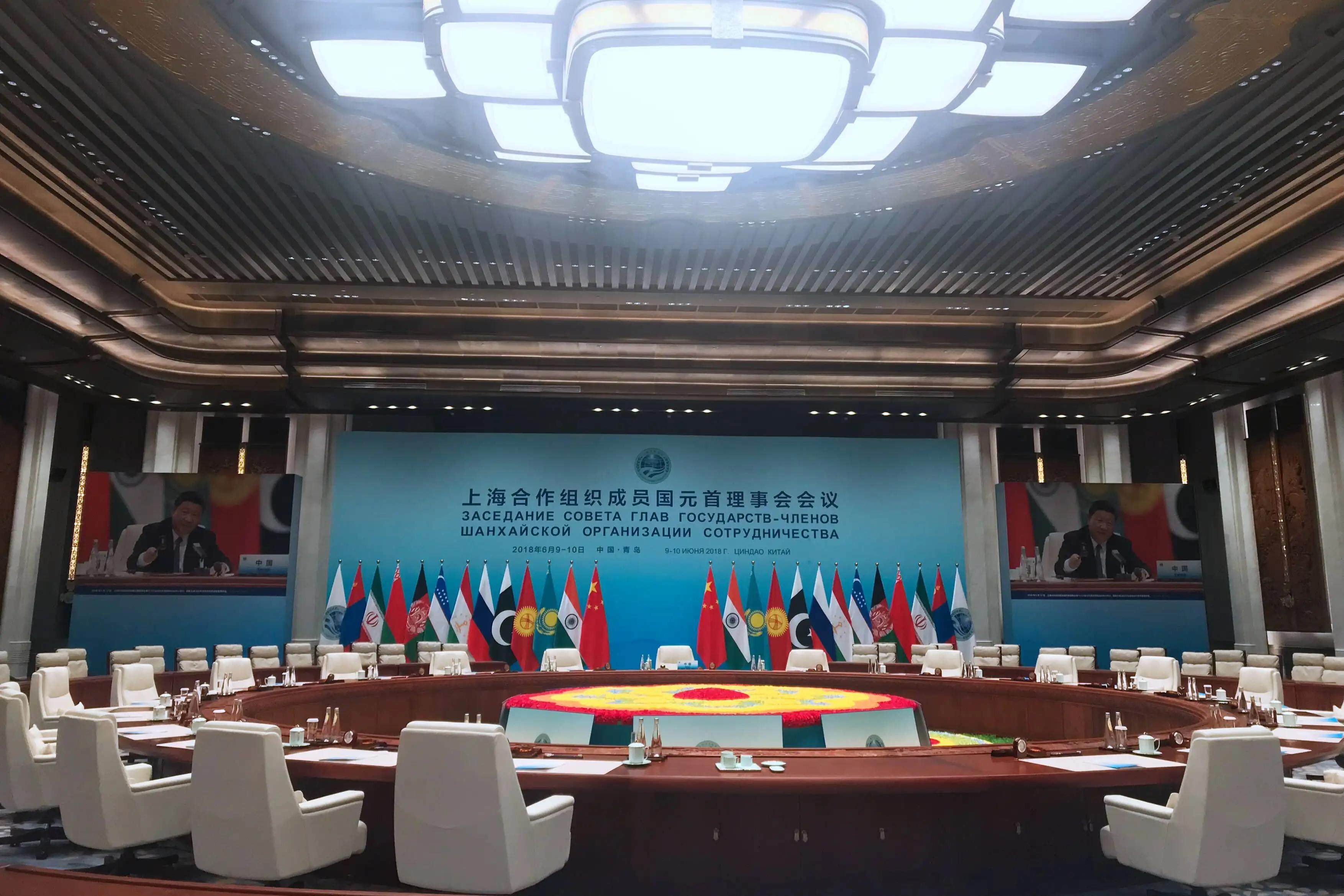
- The Russian-Chinese group represents half the world's population and will help build a new world order
- The SCO has no single leader, decision-making is based on consensus, emphasis on national sovereignty and non-intervention
More than 20 years after its establishment, the Shanghai Cooperation Organization has become an important global institution, representing nearly half of the world's population. On September 15-16, 2022, Samarkand, one of the ancient centers of human civilization, will host the organization's annual summit. The priorities of the Uzbekistan presidency include: strengthening the SCO's capabilities in ensuring regional security and stability; promoting friendship and good-neighborly relations; promoting economic interaction; The summit is set against a very different backdrop to the Dushanbe meeting in 2021 – the war between Russia and Ukraine has led to a proxy war between Moscow and Washington; the US-China relationship is confrontational and increasingly tense.

Still, the SCO is unlikely to become a non-Western version of NATO. The US-led bloc has worked to preserve the order it established during the heyday of global dominance, but non-Western countries have not shown similar solidarity, hierarchy and internal discipline. Russia and China cooperate with each other, but are careful not to undermine their other important relationships, such as China's ties with the United States and the European Union, and Russia's ties with India.
At the beginning of its third decade, the SCO is not only still in operation but has become more active and attractive. In 2001 it had only 6 member states, and after 2017 it expanded to 8, with more than 20 countries listed as observers, dialogue partners, or pending accession. The entry of Iran in 2022 has spurred interest from Turkey and some Arab countries. This expansion also carries the risk of broader interests, conflicts and frictions among countries eager to join. But the examples of the SCO's usefulness are enough to justify other countries joining.
In fact, the SCO does not have a single leader, its decision-making is based on consensus, and its emphasis on national sovereignty and non-intervention is in stark contrast to the US-led NATO or the G7. Joining the SCO does not mean following the lead of Beijing or Moscow. So what can it offer its member states, observers and partners? The answer is: the security of their mutual relations and the stability of the entire continent. It provides a unique platform for regular high-level contacts in Delhi and Beijing. Counter-terrorism cooperation is another clear benefit. After the U.S. withdraws from Afghanistan in 2021, members of the Shanghai Cooperation Organization step up support for regional stability. Economic development is also one of the key areas: after the joint construction of the "Belt and Road" initiative, is the construction of a north-south corridor connecting Russia, Iran, Arab countries and India. Over the centuries, Asian and Eurasian countries have had closer ties with distant Western powers than with their neighbors. Now, they are starting to focus on the opportunities that their immediate neighbors can offer.
A pragmatic way to change the world situation today to better serve the interests of a growing number of autonomous players is to develop institutions like the SCO - independent, non-hegemonic and inclusive. The SCO has the potential to be a model for the order of the 21st century.Editor/XingWentao
Comment
 Praise
Praise
 Collect
Collect
 Comment
Comment
 Search
Search














Write something~